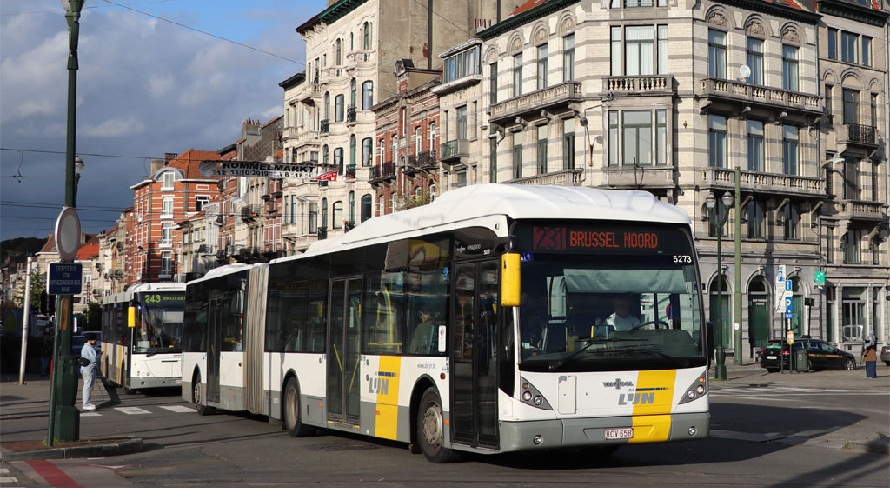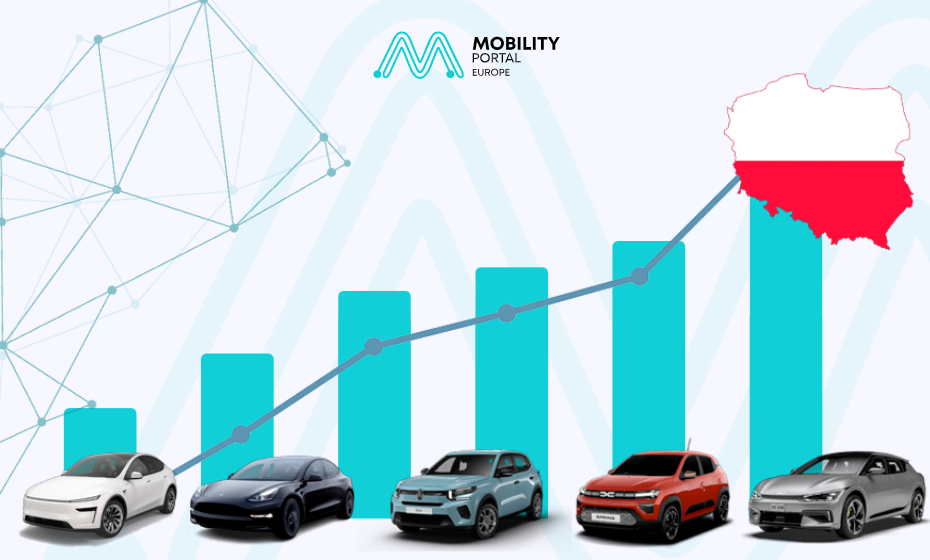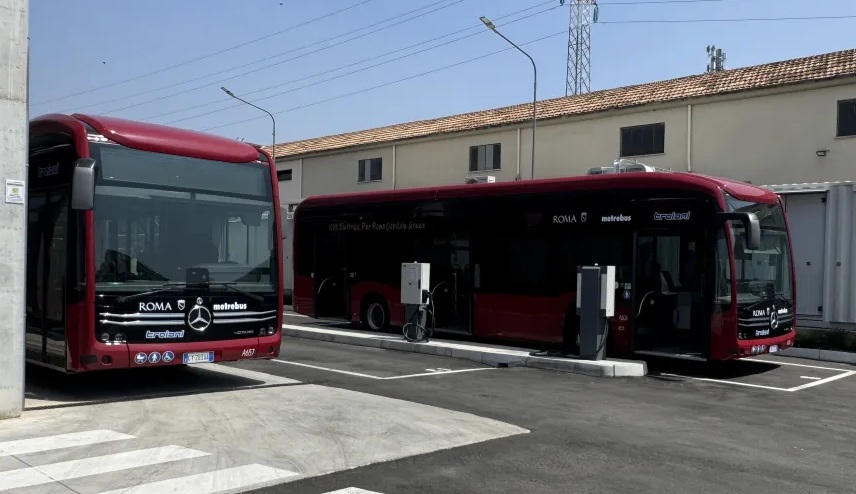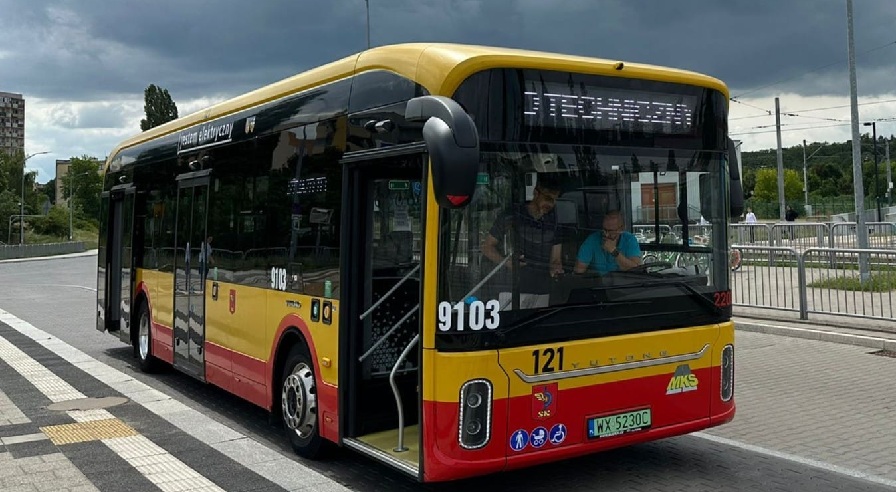De Lijn has ordered 290 electric buses, a 185 million euros investment that supports the Flemish public transport company’s commitment to providing entirely emission-free public service by 2035, Flemish Mobility Minister Annick De Ridder announced on Thursday.
Of the new order, 50 articulated e-buses, each 18 metres long, will be manufactured by the VDL company in Roeselare, Belgium.
Another 100 similar units have been ordered from Iveco, to be built in France, and 140 standard e-buses, each 12 metres long, will come from Chinese company BYD, to be constructed in Hungary.
The first of these units are expected to be delivered towards the end of next year.
Also, Minister De Ridder anticipated that a total of 500 to 600 vehicles will be ordered this year.
This order is in addition to the delivery of 230 new units currently underway.
Including previously ordered e-buses, De Lijn aims to have 1,000 new vehicles, nearly half of its fleet, by the end of the legislative term.
It is worth mentioning that the Flemish government has allocated 400 million euros to De Lijn for investment in rolling stock.
Minister De Ridder highlighted that the modernisation of the bus fleet is a top priority for this legislative period.
“To encourage more people to use the bus, we must ensure prompt and reliable service, and these new buses will undoubtedly contribute to that,” she said.
“The drivers will also benefit from modern, comfortable, and safe vehicles.”
Ann Schoubs, Director-General of De Lijn, confirmed the focus on the utility’s green initiative.
“The rejuvenation of our bus fleet achieved through this order will ensure a more reliable service for passengers,” Schoubs said.
“These e-buses will be equipped with modern comforts to attract more passengers and ease traffic congestion. We also prioritise the electrification of our depots to facilitate charging,” she added.
Source: The Brussels Time
READ MORE
-
eMobility Revolution in Poland: June Sets All-Time Record with 3,779 Registrations
With a 79% year-on-year increase, the sixth month of 2025 marked the best performance in both volume and market share for zero-emission vehicles in the country. The NaszEauto programme and the entry of Chinese brands have been key drivers of this expansion.
-
ABB E-mobility and Autoservizi Troiani Partner to Electrify Public Transit in Rome
So far, 64 charging points and 10 mobile Terra 54HV chargers have been installed. Electrification efforts will continue this year, with plans to expand the site and install additional chargers. Why did Autoservizi Troiani choose ABB?
-
Polish city to add 30 Yutong electric buses
Białystok will add 30 state-of-the-art U12 electric buses. As part of the agreement between the city and the National Fund for Environmental Protection and Water Management, the city will also receive depot charging stations.










